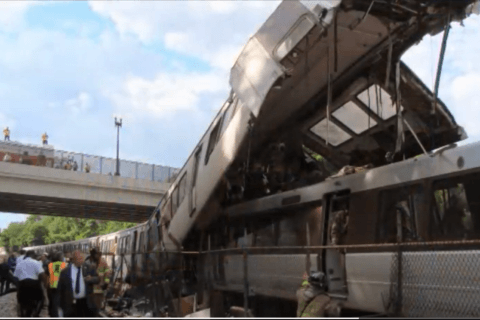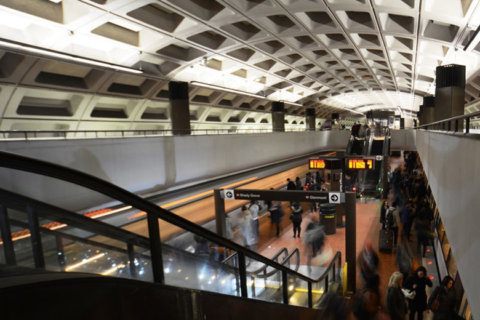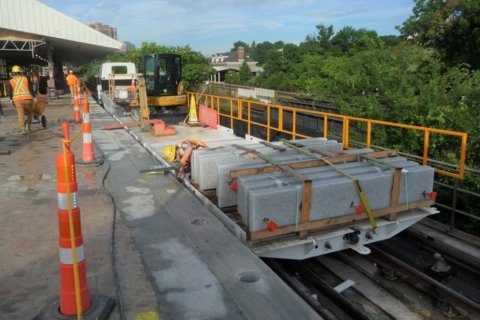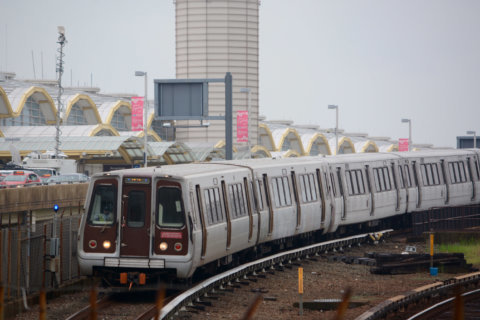The internal Metro department responsible for making sure track work, maintenance and other things are done properly is facing a class-action lawsuit over a string of firings former workers allege were solely due to race-based discrimination.
Metro’s inspector general is also investigating concerns about the firings, WTOP has learned. Inspector General Geoff Cherrington said he could not comment on the details of an open investigation.
The lawsuit filed last month by two former Metro workers said the inspector general’s investigation was looking into whether a leader in Metro’s Quality Assurance, Internal Compliance & Oversight office, QICO, had “engaged in an illegal practice of eliminating jobs and firing employees so that he could hire replacement contractors from his friend’s company.”
The lawsuit did not cite specific evidence to support that claim, and Cherrington said he could not comment on whether the claims are accurate.
As an agency, Metro does not comment on pending litigation, Metro spokesperson Ian Jannetta said.
In the suit, two former QICO employees — both black, one born in Nigeria — say a disproportionate number of the few dozen assurance officers and inspectors fired from the department from 2016 through 2018 were black or foreign-born people of color.
“WMATA engaged in systemic discrimination in favor of white employees,” the suit claims.
Metro said some of the workers had not been doing their jobs properly, but the lawsuit claims those reasons for firings were “fabricated or falsified … sometimes out of whole cloth.”
It cites a lack of proper disciplinary procedures that would have been invoked if any of the workers had actually had performance problems.
The suit seeks unspecified damages, their jobs back and court costs if a court finds Metro violated the Civil Rights Act.
Several of the workers who would be covered by the lawsuit still have claims pending before the Equal Employment Opportunity Commission.
The suit is similar to some of the claims in a 2017 lawsuit filed by track inspection crews that, while yet to be fully resolved due to two still-pending arbitration proceedings, led to a key arbitration ruling that found at least one fired worker was simply being scapegoated for Metro practices. A number of those workers have gotten their jobs back.











